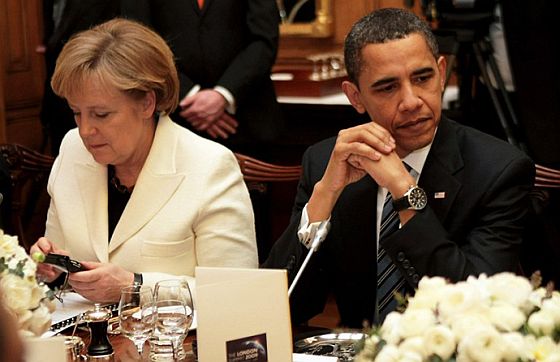The New York Times reports: The Syrian government on Tuesday fired a deputy prime minister who has lately been its most outspoken voice in favor of reform and who recently held meetings with American and Russian officials about peace talks that world leaders are trying to arrange to end Syria’s civil war.
The official, Qadri Jamil, was dismissed for spending too much time outside Syria, neglecting his duties and holding meetings “without coordinating with the government,” state television said. Mr. Jamil was fired shortly after he told the Russian news media that he had met with United States officials. Meetings between Syrian and American officials have been rare since the Syrian uprising began in 2011.
A State Department spokeswoman confirmed on Tuesday that the United States ambassador to Syria, Robert S. Ford, met with Mr. Jamil on Saturday in Geneva, calling the encounter one in “a long list” of meetings with people directly or indirectly connected to the Syrian government to discuss the potential peace talks.
Mr. Jamil, a Soviet-educated economist, was one of two members of tolerated opposition parties appointed to the government last year in a move billed as broadening its base. In an interview last month in Damascus, the Syrian capital, he blamed corrupt people on both sides for prolonging the war, and he said that despite his post, he was part of the “patriotic opposition,” which has not supported the armed uprising.
Behind the scenes, American and Russian officials have been meeting with Syrians inside and outside government to set up the planned talks. But there is little sign of movement, with the main exile opposition group demanding the departure of President Bashar al-Assad as a precondition and Mr. Assad saying he will not talk with those bearing arms against him. [Continue reading…]
Meanwhile, Reuters reports: International powers are unlikely to meet their goal of convening peace talks on Syria in Geneva next month as differences emerge between Washington and Moscow over opposition representation, Arab and Western officials said.
Failure of the main Syrian National Coalition to take a clear stance over the talks, which aim to find a political solution to Syria’s 2-1/2 year civil war, are also expected to contribute to a delay of up to one month, the officials told Reuters.
“A clearer picture will emerge when the United States and Russia meet next week, but all indications show that the November 23 goal will be difficult to meet,” said one of the officials involved in preparing for the talks.
U.S., Russian and U.N envoys are due to meet in Geneva next Tuesday as part of the preparation for the long-delayed peace conference, which was first proposed back in May.
A main point of contention, the official said, is the role of the Western-backed opposition coalition – an issue which has flared up since a meeting in London last week of Western and Gulf Arab countries opposed to Assad.


 For Barack Obama, the turning point in the 2008 presidential election came as a gift, courtesy of the collapse of Lehman Brothers. While his opponent, Sen. John McCain, reacted to the crisis like a headless chicken, Obama emerged as the man who looked like a cool and competent economic manager — a better bet for steering the nation at a time of financial turmoil. But bear in mind that prior to the collapse on Wall Street, the Obama campaign was struggling to figure out how to respond to another awesome challenge… that posed by Sarah Palin.
For Barack Obama, the turning point in the 2008 presidential election came as a gift, courtesy of the collapse of Lehman Brothers. While his opponent, Sen. John McCain, reacted to the crisis like a headless chicken, Obama emerged as the man who looked like a cool and competent economic manager — a better bet for steering the nation at a time of financial turmoil. But bear in mind that prior to the collapse on Wall Street, the Obama campaign was struggling to figure out how to respond to another awesome challenge… that posed by Sarah Palin.